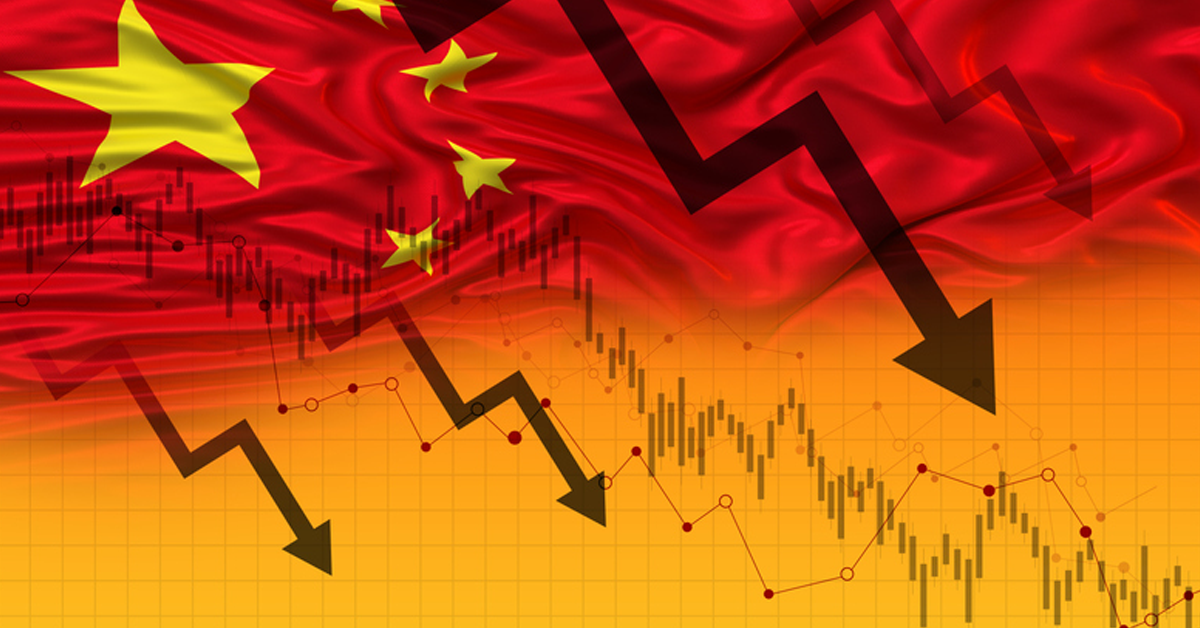Chinese Economy Poised for Growth Despite Challenges
China’s economy is set to continue its growth trajectory this year, bolstered by significant untapped potential in rural consumption, manufacturing, and further economic liberalization, as reported by the World Economic Forum.
Chen Liming, chair of Greater China at the WEF, highlighted China’s enduring strengths such as its vast market size, rich talent pool, and robust, complete industrial chain. These factors contribute to the nation’s long-term positive economic outlook.
China’s consumer market remains large, with substantial growth opportunities in regional and rural development. The country’s production and manufacturing systems are also undergoing continuous upgrades, driving further economic expansion.
According to data from the National Bureau of Statistics, China’s retail sales, a crucial indicator of consumer spending, increased by 3.7 percent year-on-year in May, and industrial output saw a 5.6 percent rise during the same period.
Chen’s comments come in advance of the 15th World Economic Forum Annual Meeting of the New Champions, also known as the Summer Davos Forum, which is scheduled to take place in Dalian, Liaoning province.
Chen advocated for the maintenance of stable, transparent, and predictable policies to bolster national growth stability and boost business confidence, thereby strengthening vertical industry momentum.
He emphasized the importance of China’s continued reforms and openness, which are vital for maintaining a competitive and equitable business environment. He noted that Dalian and Liaoning province have become attractive destinations for foreign investment due to improved business conditions and a more international, law-compliant environment.
The Summer Davos Forum has also enhanced Liaoning’s interaction with the global community, offering a platform to display technological advancements and economic achievements, thus aiding the province’s economic internationalization.
Despite facing recent protectionist actions from major trading partners, such as additional duties on Chinese-made electric vehicles by the European Commission and the U.S. targeting China’s emerging industries with tax increases, China remains committed to resolving trade issues through dialogue rather than sanctions.
Chen remarked that competitive disparities between countries often stem from variations in resources, technology levels, and workforce skills, rather than the production capacities often cited by critics.











